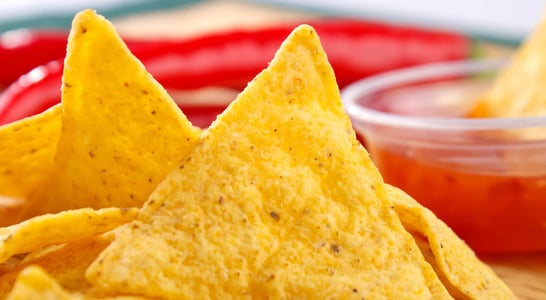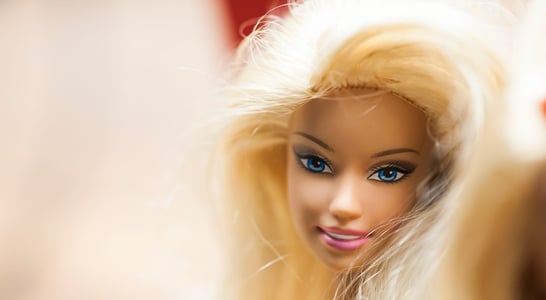
National Puzzle Day
From jigsaws to Rubik’s Cubes, crosswords to riddles, give your brain a rewarding workout or try inventing a brand new puzzle of your own.
With the advent of digital entertainment, some people may think that the common puzzle may be falling by the wayside. But National Puzzle Day is the perfect chance to go back to basics: do a jigsaw puzzle, solve a crossword puzzle or buy a Rubik’s Cube!
A great way to relieve stress or be entertained, puzzles can not only be fun, but are actually good “exercise” for the brain as well. No matter how it is celebrated, National Puzzle Day can be a healthy and fun day for people of all ages!
How to Celebrate National Puzzle Day
This day can be lots of fun to celebrate, whether on your own or with friends and family. Try out some of these ideas to enjoy the day:
Do a Puzzle
Of course, the most obvious way to celebrate is the simplest! Just pull a puzzle out of the closet and put it together on a big table. Grab a crossword puzzle from a puzzle book or the daily newspaper. Or download a puzzle app on a smartphone and get to playing!
Create a Puzzle
For some people the fun of puzzles has more to do with making them than completing them. Some of the easiest puzzles to make are word search puzzles, where words are strung together and hidden within a block of letters. It’s also possible to create your own Sudoku or crossword puzzle.
Those who have access to a carpentry shop might find that a fun project would be making up a hand-crafted wooden jigsaw puzzle that a child might enjoy. Or, keep it super simple and do this activity with a group of kids: draw a picture on a piece of paper, cut it out creatively with scissors or a crafting knife, and then put it back together.
Eat a Puzzle Sandwich
Make a sandwich and then, instead of cutting it into triangles, cut it creatively into shapes that can be moved around and then put back together. It’s a snack that doubles as a game!
History of National Puzzle Day
National Puzzle Day dates back to 1994 when it was founded as an idea from Jodi Jill, a puzzle maker and enthusiast. She decided that she would send out free Brain Baffler puzzles just one day a year – on her birthday! That’s where this event got is start, and by the early 2000s, it was widely known and celebrated.
Even today, it’s possible to head over to Jodi Jill’s website to get access to free puzzles in celebration of Naitonal Puzzle Day!
Learn More About Puzzles
While puzzles, as we know them today, are a fairly modern invention, the idea of taking words and using them creatively dates back to ancient Roman times. During this time, they used word squares and palindromes (a word or phrase that is spelled the same way forward and backward), and would often shuffle letters around in unique and clever ways to create new words.
When it comes to jigsaw puzzles, history is much more recent. Now considered to be a leisure activity, the first versions of these puzzles were actually used for educational purposes, particularly related to learning geography.
In fact, the first jigsaw puzzles seem to have been developed in the mid-1700s, by a British cartographer and engraver by the name of John Spilsbury. He started by fastening a map of Europe onto some wood and then cutting out each country. These were then used to teach children about the different countries on the continent. They became commercially available and were so popular that Spilsbury expanded with other maps too, including the World Map, Asia, Africa, America and the British Isles.
As the puzzles became more popular, the industrial revolution helped to advance the puzzle-making processes to make lighter-weight, more portable versions with different themes. Then, in the late 1920s, when the Great Depression hit the United States, puzzles became a very popular pastime due to their affordability and the fact that they could be reused time and again–and even traded between families.
Of course, today, jigsaw puzzles are usually made from layers of cardboard that are glued together with a picture pasted on the top. They are no longer cut with a jigsaw at all, but use a form of laser cutting to make the pieces.
It was right around the same time the jigsaw puzzle came into being that Sudoku was also being developed. Although the name is distinctly Japanese, the puzzle itself actually has its roots in Switzerland where a numbers game was invented, originally called Latin Squares.
Sudoku as it is currently known, however, didn’t really come about until 1979 when one was printed in a word games magazine in Indiana, USA. At the time it was called Number Place but, five years later, when it was published in Japan, they called it Sudoku. And that was the name that stuck.
Crossword puzzles have an even more recent history, only coming into use in the year 1913. In fact, the story goes that it came about only because Arthur Wynne, an editor of New York World, needed a way to take up some space in the ‘fun’ section of his newspaper right around Christmastime. This “Word Cross Puzzle” became almost an overnight sensation and has been in high demand from that time on.
But puzzles aren’t just limited to the ones listed above. Other puzzles that can be enjoyed on the day include brain teasers, logic puzzles, cryptic puzzles, riddles and many more. National Puzzle Day is a delightful day to celebrate!
Also on ...
View all holidaysNational Corn Chip Day
Crunchy delights that bring the fiesta to your taste buds. Pair them with your favorite dips and get ready for a snack-time dance party!
Curmudgeons Day
Raise a cheer for the lovable grumps who add a dash of comedy to our lives by honoring their cantankerous charm and embracing the laughter they bring!
We think you may also like...
National Barbie Day
This iconic doll has evolved over the years, inspiring generations of children to imagine the possibilities of their own lives and futures.
National Play-Doh Day
Just because we grow up doesn’t mean we have to stop having fun. Let your inner child out and play with play-doh! Get creative and have fun sculpting and mashing.
International Chess Day
Join a chess club, challenge a friend or family member to a game, sign up for a tournament or start learning on your own against a computer or online player.








